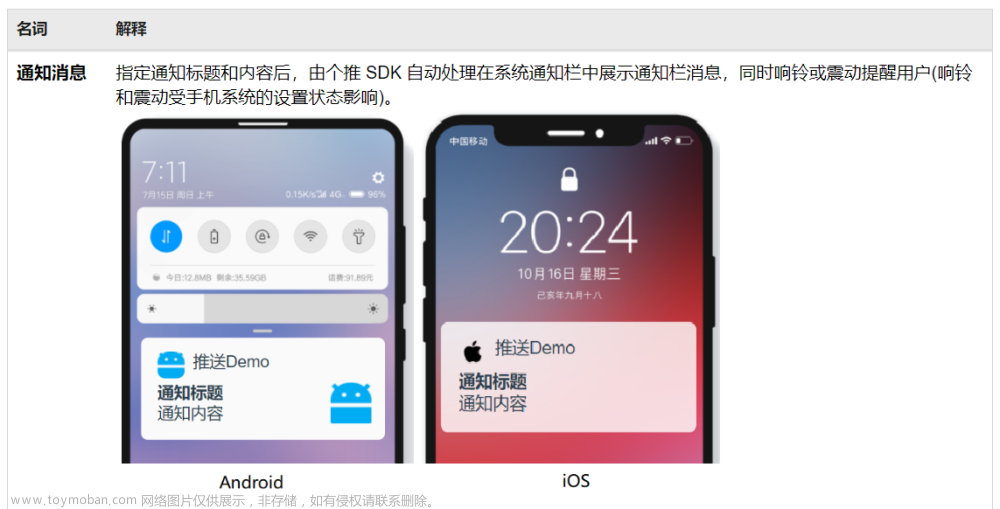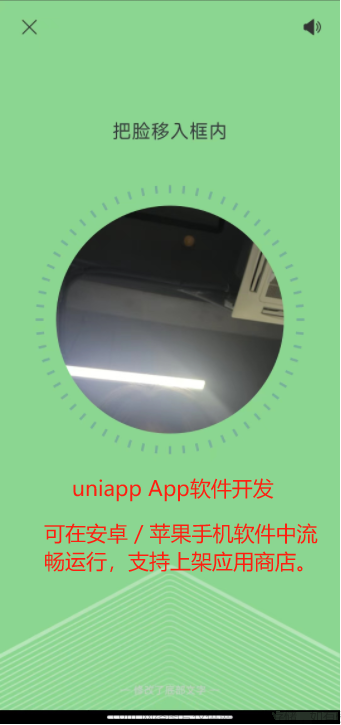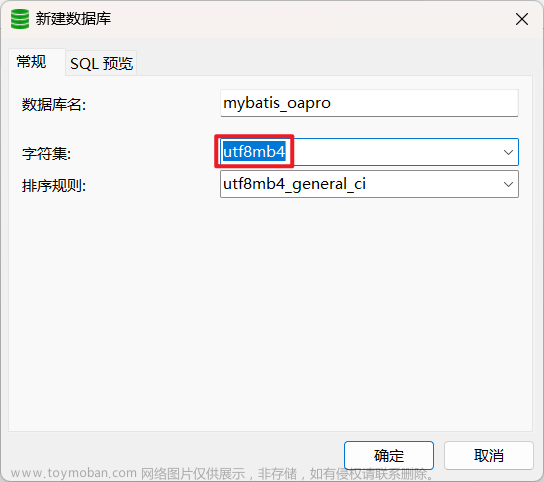实现功能:Android app发ID数据给IDEA
后台,后台根据获取到的ID数据查询数据库并将对应的数据发回客户端显示在app界面
开发工具:IDEA,Android studio,MySQL
Android端:(以下为需要新建或者修改的文件,以便新手学习)
客户端运行示例:
代码展示:
import androidx.appcompat.app.AppCompatActivity;
import android.os.Bundle;
import android.os.Handler;
import android.os.Message;
import android.view.View;
import android.widget.Button;
import android.widget.EditText;
import android.widget.TextView;
import android.widget.Toast;
import org.json.JSONException;
import org.json.JSONObject;
import java.io.BufferedReader;
import java.io.FileInputStream;
import java.io.IOException;
import java.io.InputStreamReader;
public class MainActivity extends AppCompatActivity {
//登录用户名输入框
private EditText et_username;
//登录密码输入框
private EditText et_password;
//登录按钮
private EditText id;
private Button bt_login;
private TextView tv;
@Override
protected void onCreate(Bundle savedInstanceState) {
super.onCreate(savedInstanceState);
setContentView(R.layout.activity_main);
//获取组件
init();
//对登录按钮的点击监控
bt_login.setOnClickListener(new View.OnClickListener() {
@Override
public void onClick(View v) {
// Toast.makeText(LoginActivity.this, "登录成功!", Toast.LENGTH_LONG).show();
final Handler myHandler = new Handler(){
public void handleMessage(Message msg){
String responseResult = (String)msg.obj;
// Toast.makeText(LoginActivity.this, "登录成功!", Toast.LENGTH_LONG).show();
//登录成功
System.out.println("response"+responseResult);
try{
JSONObject root = new JSONObject(responseResult);
String userName = root.getString("userName");
tv.append("userName"+"="+userName+"\n");
}
catch (JSONException e) {
e.printStackTrace();
}
if(responseResult.equals("" +
"true")){ Toast.makeText(com.example.myapplication.MainActivity.this, "登录成功!", Toast.LENGTH_LONG).show();
}
//登录失败
else{ Toast.makeText(com.example.myapplication.MainActivity.this, "登录失败!", Toast.LENGTH_LONG).show();
}
}
};
new Thread(new Runnable() {
@Override
public void run() {
GuestToServer guestToServer = new GuestToServer();
try {
//如果是调用GuestToServer中验证用户名与密码的方法则使用下面句
//String result = guestToServer.doPost(et_username.getText().toString().trim(), et_password.getText().toString().trim());
String result = guestToServer.doPost(id.getText().toString().trim());
Message msg = new Message();
msg.obj = result;
myHandler.sendMessage(msg);
} catch (IOException e) {
e.printStackTrace();
}
}
}).start();
}
});
}
/**
* 获取组件
*/
private void init() {
et_username = (EditText)findViewById(R.id.et_username);
et_password = (EditText)findViewById(R.id.et_password);
id= (EditText)findViewById(R.id.id);
bt_login = (Button)findViewById(R.id.bt_login);
tv = (TextView) findViewById(R.id.tv);//获取到TextView组件
}
}
GuestToServer
import android.util.Log;
import org.apache.http.HttpEntity;
import org.apache.http.HttpResponse;
import org.apache.http.HttpStatus;
import org.apache.http.NameValuePair;
import org.apache.http.client.HttpClient;
import org.apache.http.client.entity.UrlEncodedFormEntity;
import org.apache.http.client.methods.HttpPost;
import org.apache.http.impl.client.DefaultHttpClient;
import org.apache.http.message.BasicNameValuePair;
import java.io.BufferedReader;
import java.io.IOException;
import java.io.InputStream;
import java.io.InputStreamReader;
import java.net.HttpURLConnection;
import java.net.MalformedURLException;
import java.net.URL;
import java.util.ArrayList;
import java.util.List;
public class GuestToServer {
//localhost为本地主机IP地址/login为idea后台项目名
private String url = "http://localhost:8080/login";
//服务器返回的结果//
String result = "";
/**
* 使用Post方式向服务器发送请求并返回响应
*
* //如果使用验证用户名及密码的方法那么使用public String doPost(String username, String password) throws IOException {
* //且放出下面两句参数设置
// * @param username 传递给服务器的username
// * @param password 传递给服务器的password
* @param id 传递给服务器的id
* @return
*/
public String doPost(String id) throws IOException {
HttpClient httpClient = new DefaultHttpClient();
HttpPost httpPost = new HttpPost(url);
NameValuePair param3 = new BasicNameValuePair("id", id);
List<NameValuePair> params = new ArrayList<NameValuePair>();
params.add(param3);
//将参数包装如HttpEntity中并放入HttpPost的请求体中
HttpEntity httpEntity = new UrlEncodedFormEntity(params, "GBK");
httpPost.setEntity(httpEntity);
HttpResponse httpResponse = httpClient.execute(httpPost);
//如果响应成功
if (httpResponse.getStatusLine().getStatusCode() == HttpStatus.SC_OK) {
//得到信息体
HttpEntity entity = httpResponse.getEntity();
InputStream inputStream = entity.getContent();
BufferedReader br = new BufferedReader(new InputStreamReader(inputStream));
String readLine = null;
while ((readLine = br.readLine()) != null) {
result += readLine;
}
inputStream.close();
return result;
}
//响应失败
else {
return "false";
}
}
/*
public String doPost(String username, String password) throws IOException {
HttpClient httpClient = new DefaultHttpClient();
HttpPost httpPost = new HttpPost(url);
//将username与password参数装入List中
NameValuePair param1 = new BasicNameValuePair("username", username);
NameValuePair param2 = new BasicNameValuePair("password", password);
List<NameValuePair> params = new ArrayList<NameValuePair>();
params.add(param1);
params.add(param2);
//将参数包装如HttpEntity中并放入HttpPost的请求体中
HttpEntity httpEntity = new UrlEncodedFormEntity(params, "GBK");
httpPost.setEntity(httpEntity);
HttpResponse httpResponse = httpClient.execute(httpPost);
//如果响应成功
if (httpResponse.getStatusLine().getStatusCode() == HttpStatus.SC_OK) {
//得到信息体
HttpEntity entity = httpResponse.getEntity();
InputStream inputStream = entity.getContent();
BufferedReader br = new BufferedReader(new InputStreamReader(inputStream));
String readLine = null;
while ((readLine = br.readLine()) != null) {
result += readLine;
}
inputStream.close();
return result;
}
//响应失败
else {
return "false";
}
}*/
}
activity_main.xml
<?xml version="1.0" encoding="utf-8"?>
<LinearLayout
xmlns:android="http://schemas.android.com/apk/res/android"
xmlns:tools="http://schemas.android.com/tools"
android:id="@+id/activity_login"
android:layout_width="match_parent"
android:layout_height="match_parent"
android:orientation="vertical">
<TextView
android:text="登录界面"
android:textSize="10dp"
android:textColor="#003399"
android:layout_width="match_parent"
android:layout_height="wrap_content"
android:id="@+id/textView1"
android:gravity="center_horizontal"
android:layout_margin="10dp"/>
<TextView
android:text="用户名"
android:textSize="20dp"
android:textColor="#CC0000"
android:layout_width="match_parent"
android:layout_height="wrap_content"
android:id="@+id/textView2"
android:layout_margin="10dp"/>
<EditText
android:layout_width="match_parent"
android:layout_height="wrap_content"
android:inputType="textPersonName"
android:ems="10"
android:id="@+id/et_username"
android:textSize="10dp"
android:textColor="#003399"
android:layout_margin="10dp"/>
<TextView
android:text="密码 "
android:textSize="20dp"
android:textColor="#CC0000"
android:layout_width="match_parent"
android:layout_height="wrap_content"
android:id="@+id/textView3"
android:layout_margin="10dp"/>
<EditText
android:layout_width="match_parent"
android:layout_height="wrap_content"
android:inputType="textPersonName"
android:ems="10"
android:id="@+id/et_password"
android:textSize="10dp"
android:textColor="#003399"
android:layout_margin="10dp"/>
<TextView
android:text="ID "
android:textSize="20dp"
android:textColor="#CC0000"
android:layout_width="match_parent"
android:layout_height="wrap_content"
android:id="@+id/idtextview"
android:layout_margin="10dp"/>
<EditText
android:layout_width="match_parent"
android:layout_height="wrap_content"
android:inputType="textPersonName"
android:ems="10"
android:id="@+id/id"
android:textSize="10dp"
android:textColor="#003399"
android:layout_margin="10dp"/>
<Button
android:text="登录"
android:textSize="20dp"
android:layout_width="match_parent"
android:layout_height="wrap_content"
android:id="@+id/bt_login"
android:layout_marginLeft="20dp"
android:layout_marginRight="20dp"
android:background="#0099FF"/>
<TextView
android:layout_width="match_parent"
android:layout_height="wrap_content"
android:id="@+id/tv"/>
</LinearLayout>
如果项目出现报错,记得检查报错日志,一般是apache没有导入
在build.gradle里加入这行
useLibrary’org.apache.http.legacy’
由于版本不同,有些需要在manifest文件中的appication加入文章来源:https://www.toymoban.com/news/detail-489508.html
<application
android:allowBackup="true"
android:icon="@mipmap/ic_launcher"
android:label="@string/app_name"
android:roundIcon="@mipmap/ic_launcher_round"
android:supportsRtl="true"
android:theme="@style/AppTheme"
android:usesCleartextTraffic="true">
<uses-library android:name="org.apache.http.legacy" android:required="false"/>
至此,Android app搭建完毕,可试运行
IDEA后台项目搭建:
可参考上一篇小程序后台,共用一个后台与数据库无需更改文章来源地址https://www.toymoban.com/news/detail-489508.html
到了这里,关于IDEA后台与安卓数据交互的文章就介绍完了。如果您还想了解更多内容,请在右上角搜索TOY模板网以前的文章或继续浏览下面的相关文章,希望大家以后多多支持TOY模板网!














